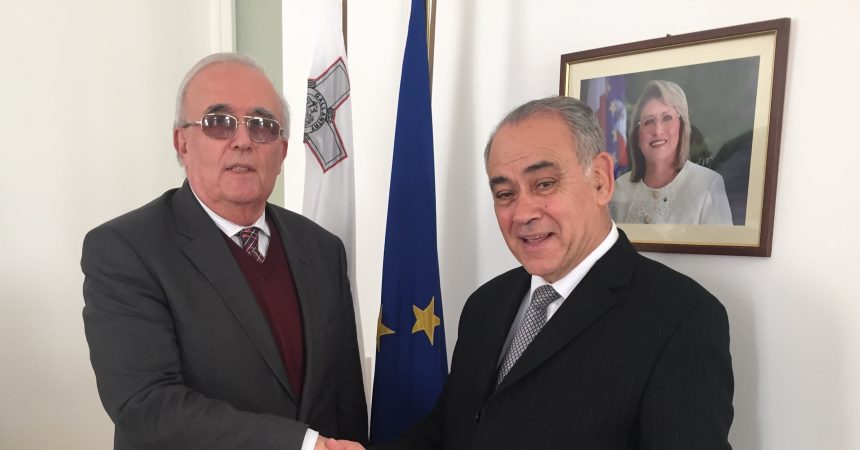The government said it “was a bit perplexed” by the Ombudsman’s doubts on the setting up of a permanent internal grievances board unit for public officers, in reaction to the story by The Shift outlining concerns.
An OPM circular last month (24/2017) said the internal grievances unit set up in 2014 to investigate alleged injustices against public officers prior to that date, would now become permanent.
The Shift had asked for the reaction of Ombudsman Anthony Mifsud, since the government had already clashed with the Ombudsman in 2014 over who should hear complaints commissioned by army officers.
The Ombudsman’s Office had told The Shift that while there was “no objection in principle to the setting up of internal complaints mechanisms to rectify perceived injustices”, a spokesman said the Office was evaluating the matter.
The Ombudsman’s concerns on how internal boards have handled past investigations were outlined in the 2016 Ombudsplan. The office received complaints that cast doubt on procedures; whether they were impartial, transparent and ensured a level playing field. There was also a lack of clarity on remedial procedures.
Ombudsman Anthony Mifsud insisted he would retain the discretion to investigate any complaints, at any stage. “This is especially so, if he has reason to conclude that the internal complaint mechanism is not an effective and just one,” the spokesman said.
Reacting to the story by The Shift, a reply from the Department of Information stated: “The Office of the Principal Permanent Secretary is a bit perplexed about the Ombudsman’s concerns since, to date, as is the norm, no requests for clarifications have been submitted from his Office”.
The DOI also referred to a “clear agreement” with Mr Mifsud’s predecessor [Chief Justice Emeritus Joseph Said Pullicino] on Grievances Units within the public service. The agreement referred to the Ombudsman’s Office being the arbiter for appeals from decisions taken by these same units.
“The Ombudsman has already dealt with a number of cases resulting from the Grievances Units, and his Office knows only full well that all the relative files were forwarded to his office upon request,” the DOI statement said.
The Shift asked the Ombudsman’s Office to confirm whether such an agreement had been sealed, and to detail its content. No reply was received by the time of writing.
“The Office of the Principal Permanent Secretary cannot fathom why the Office of the Ombudsman is showing concerns about the setting up of the One-Stop-Shop for public officers which essentially means that now the public service has an established process through which they can lodge complaints if they feel aggrieved or treated unfairly by their superiors. This structure only puts public officers on a par with other public and private sector employees who have similar mechanisms,” the DOI said.
It reiterated the new Grievances Procedure and Board will “in no way undermine either the Public Service Commission, which is fully aware of the Grievances Boards’ remit, or the Ombudsman, as his office agreed on this matter during the previous temporary setup”.
The DOI, an organ of the government, termed criticism also voiced by former Labour Party whip Godfrey Farrugia as “political spin”.
Farrugia had told The Shift the intention behind the setting up of a permanent internal grievances board for public officers was political, and open to misuse. Now an MP for Partit Demokratiku, Farrugia said the unit was a set up that “guaranteed votes”.
“It allows the employer (the government) to dish out favours; to decide who gets rewarded and who does not,” he said last week.
The former Labour Party whip also touched on a concern expressed by the Ombudsman – namely, the risk posed by a process that puts the complainant at the mercy of those responsible for the injustice.
He explained that if public officers must appear before their employer for grievances, it may encourage a climate of fear and silence rather than fairness: “It may create a fear of speaking up for fear of reprisal. It may encourage officers not to question their employer”.













